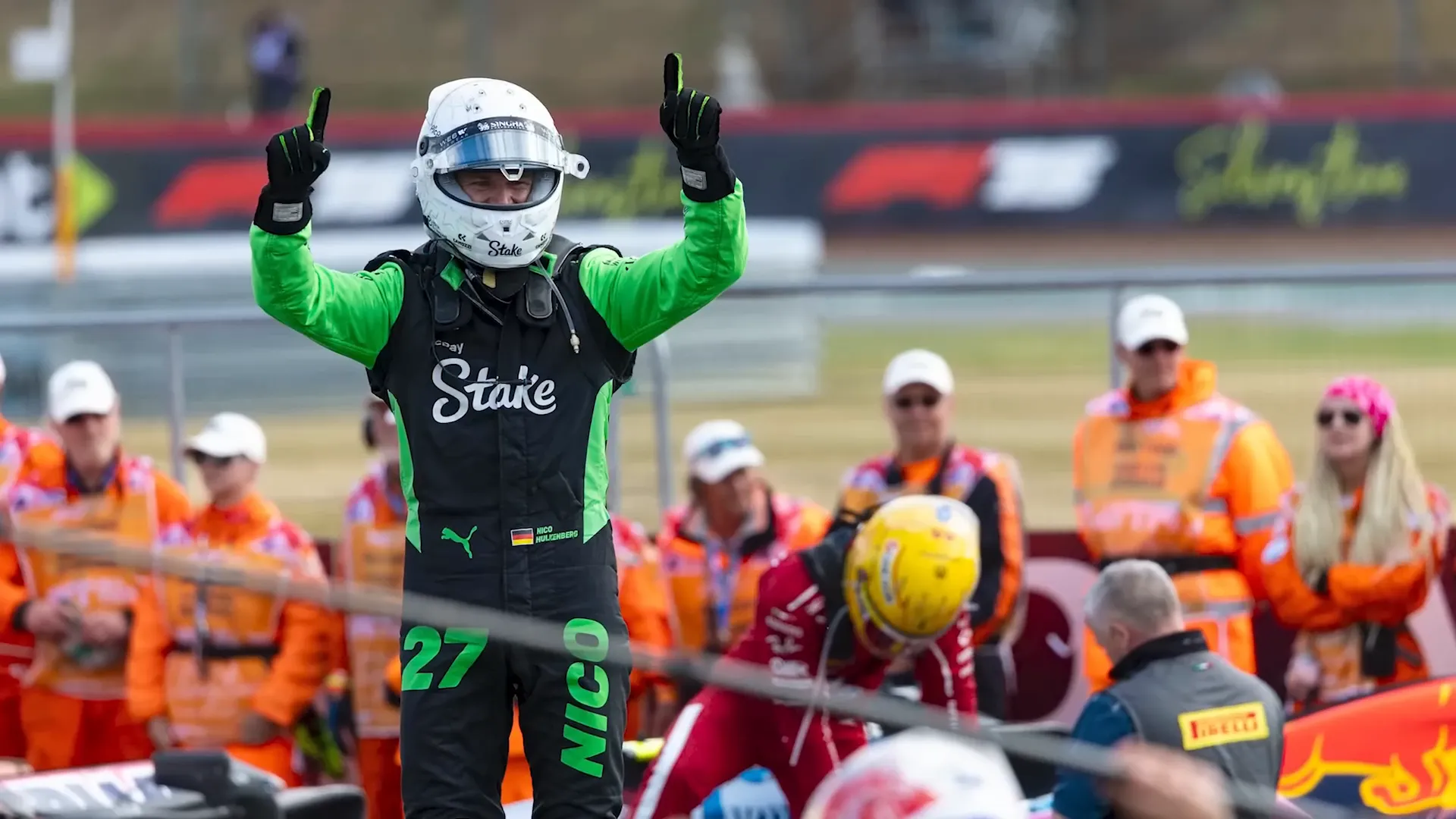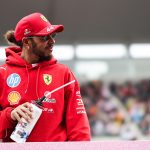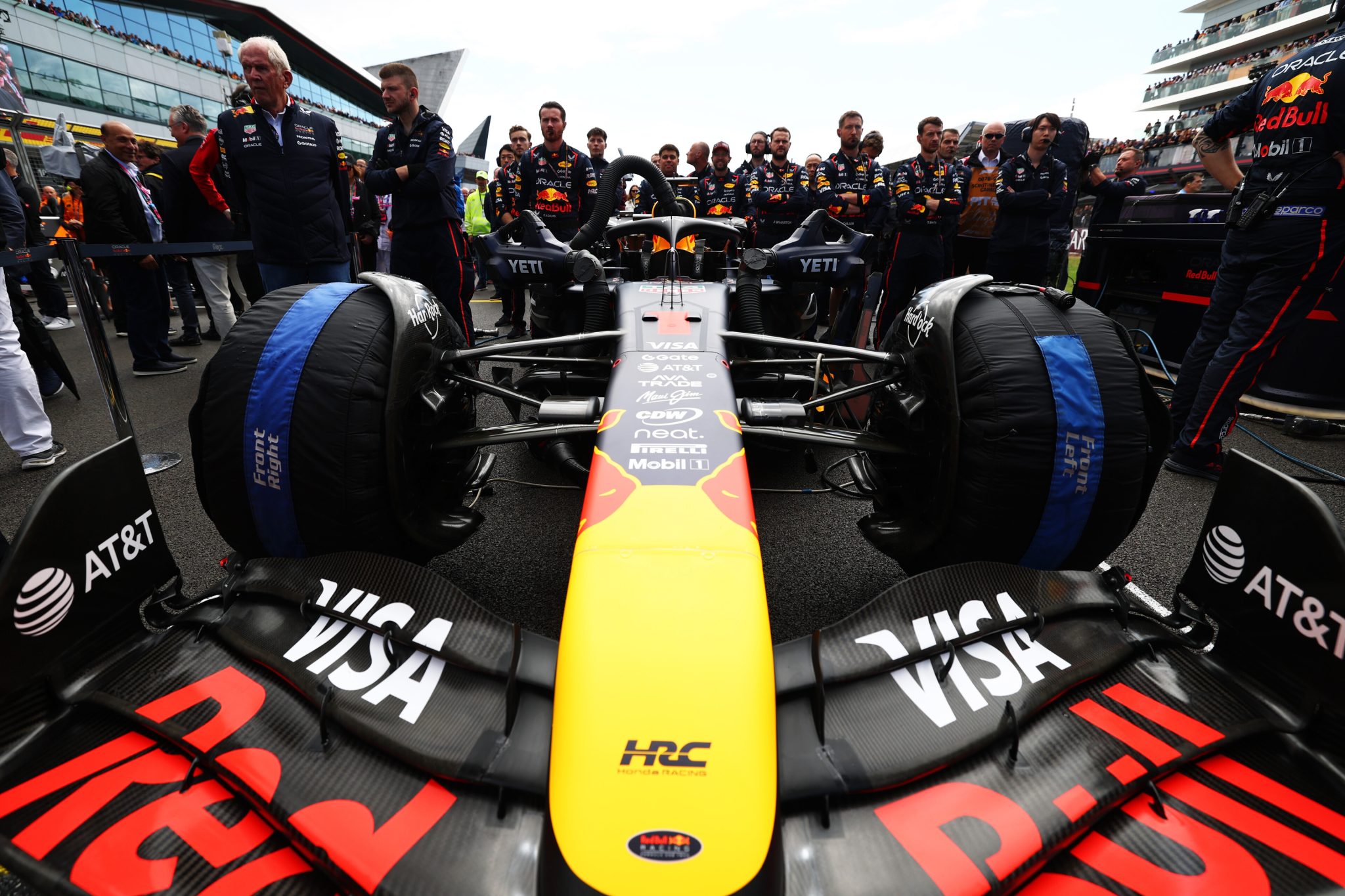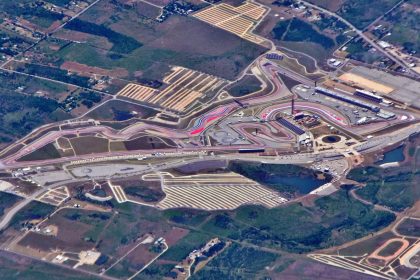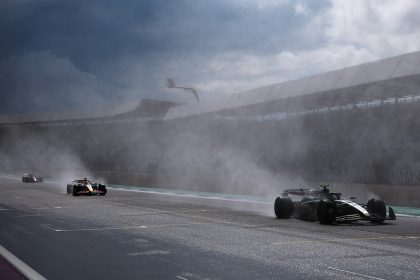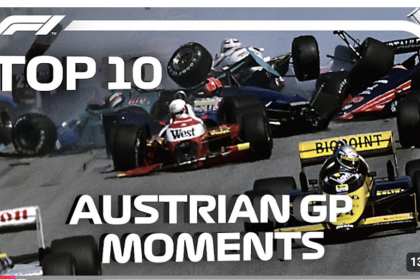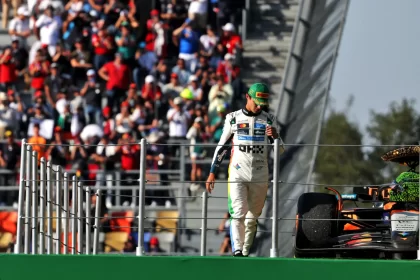If you ever needed proof that Formula 1 is as much about the boardroom as the braking zone, look no further than the events of July 2025. In a single, thunderous week, the paddock has been rocked by the unceremonious sacking of Christian Horner—Red Bull’s longest-serving team principal—and the long-awaited, almost mythic first podium of Nico Hülkenberg. The sport, as ever, finds itself at the intersection of triumph and turmoil, with the future of its biggest stars and most storied teams hanging in the balance.
- The End of the Horner Era: When the Music Stops
- The Dominoes Begin to Fall: Verstappen, Russell, and the Silly Season
- The Human Cost: Tsunoda, Permane, and the New Order
- Hülkenberg’s Redemption: The Podium That Took 239 Races
- Lessons from History: When the Boss Leaves
- Hollywood at the Wheel: Brad Pitt and the Spectacle of Modern F1
- Waste a Bit More Time
The End of the Horner Era: When the Music Stops
Christian Horner’s reign at Red Bull Racing began in 2005, when the team was little more than a fizzy drinks marketing exercise with a penchant for garish overalls. Under his stewardship, Red Bull became a juggernaut, collecting six Constructors’ and eight Drivers’ Championships, and nurturing the likes of Sebastian Vettel and Max Verstappen. But as the old proverb goes, The higher you climb, the harder you fall—and Horner’s fall has been nothing short of spectacular.
The news broke like a thunderclap: Horner, after months of internal tension and a high-profile sexting scandal, was out. The official line was loss of confidence, but the whispers in the paddock spoke of power struggles, a team divided, and a leader who, in the words of Bernie Ecclestone, was just an idiot… a 50-year-old who thought he was 20, thought he was one of the boys.
This business that he got involved with 18 months ago, he was just an idiot. He was a 50-year-old who thought he was 20, thought he was one of the boys.
Bernie Ecclestone, via Autosport
The consequences are seismic. Red Bull, once the model of ruthless efficiency, now faces a leadership vacuum. Laurent Mekies, the new CEO, inherits a team in flux, with Verstappen’s future uncertain and the driver market thrown into chaos. The Christian Horner Ring, as Ecclestone so dryly put it, is no more.
The Dominoes Begin to Fall: Verstappen, Russell, and the Silly Season
With Horner gone, the question on everyone’s lips is simple: What happens to Max Verstappen? The Dutchman, four-time world champion and the face of Red Bull’s modern era, has long been rumored to have an exit clause tied to the team’s performance and stability. Now, with the team’s architect gone and the technical department in flux, the odds of Verstappen staying have shortened considerably.
Ralf Schumacher, never one to mince words, predicts an announcement about Verstappen’s future after the summer break. Mercedes, with Toto Wolff at the helm, is circling, and the prospect of Verstappen in silver is no longer the stuff of fantasy.
I think that announcement will come after the summer break. It’s no coincidence either that this week, two yachts are cruising off Sardinia—one belongs to Toto Wolff, the other to Max Verstappen. And from what I hear, there’s a good chance they might have had a coffee together.
Ralf Schumacher, via Motorsport.com
Meanwhile, George Russell’s contract negotiations at Mercedes are on ice, with Wolff openly admitting that Verstappen’s availability is the reason. Aston Martin, flush with cash and Adrian Newey’s technical genius, is also in the mix. The driver market, which should have been a quiet affair, is now a high-stakes game of musical chairs.
For a detailed look at the driver market chaos, see: Who wins from Horner bombshell — and what it means for F1 driver market.
The Human Cost: Tsunoda, Permane, and the New Order
It’s not just the superstars who feel the tremors. Yuki Tsunoda, the perennial “other” Red Bull driver, finds himself under the microscope. His form has spiraled, and with Mekies—a known Tsunoda supporter—now in charge, his future is as uncertain as ever. The statistics are damning: Verstappen ahead 0-9 in qualifying, 0-8 in races, and a points gap that would make even Jean Alesi wince.
Elsewhere, Alan Permane, the paddock’s most experienced engineer, has been named Team Principal at Racing Bulls, Red Bull’s sister squad. Permane’s journey from Benetton apprentice to Renault’s Sporting Director, and now to the hot seat at Racing Bulls, is a testament to the sport’s capacity for reinvention.
I feel very honoured to take on the role as Team Principal and would like to thank Oliver [Mintzlaff, CEO Corporate Projects and Investments] and Helmut [Marko, Red Bull advisor] for the trust they have shown in me.
Alan Permane, via Formula1.com
For a full profile on Permane’s career and what his appointment means for the team, see: Who is Alan Permane? Everything you need to know.
Hülkenberg’s Redemption: The Podium That Took 239 Races
And then, amid the chaos, Formula 1 delivered one of its most heartwarming stories in years. Nico Hülkenberg, the man who had started more races without a podium than anyone in history—239, to be precise—finally stood on the rostrum at Silverstone. It was a result fifteen years in the making, a triumph of perseverance over probability.
Hülkenberg’s journey is the stuff of legend: a rookie pole at Brazil in 2010, years of midfield toil, a Le Mans victory with Porsche, and countless near-misses. For years, he was the answer to a cruel trivia question. Now, at 37, he is a podium finisher at last.
The 37-year-old has now well and truly ridded himself of that infamous statistic of being the most experienced driver to have never stood on the rostrum—that dubious honour now falling to his fellow German Adrian Sutil, on 128 Grand Prix starts.
Formula1.com
For the full story of Hülkenberg’s journey, read: Early promise, home heartbreak and multiple comebacks – Hulkenberg’s F1 journey to his first podium.
Hülkenberg’s Podium: A Statistical Anomaly
Let’s put this in perspective. Before Silverstone, Hülkenberg had started 238 races without a podium. The previous record-holder, Adrian Sutil, managed 128. In a sport obsessed with numbers, Hülkenberg’s perseverance is almost absurd. He has outlasted world champions, survived team collapses, and returned from the wilderness more times than Lazarus.
| Driver | Starts Before First Podium | Previous Record Holder | Best Finish Before Podium |
|---|---|---|---|
| Nico Hülkenberg | 239 | Adrian Sutil (128) | 4th (multiple times) |
Lessons from History: When the Boss Leaves
Formula 1 has seen its share of dramatic team principal changes. Jean Todt’s departure from Ferrari in 2008 marked the end of an era; Ron Dennis leaving McLaren in 2009 led to a slow decline; Flavio Briatore’s “Crashgate” exit from Renault in 2009 left the team rudderless. But few departures have been as public, or as potentially destabilizing, as Horner’s.
The impact is immediate: technical staff reconsider their futures, drivers weigh their options, and rivals circle like sharks. Red Bull’s dominance was built on stability and vision. Now, with the architect gone, the team faces its greatest test since its inception.
Hollywood at the Wheel: Brad Pitt and the Spectacle of Modern F1
As if the sport needed more drama, Hollywood has arrived in the paddock. Brad Pitt, star of the upcoming “F1 The Movie,” spent a day with McLaren, driving Lando Norris’ car in Austin. The spectacle was pure Formula 1: part sporting event, part global entertainment juggernaut.
Watch the behind-the-scenes here: Brad Pitt drives Lando Norris’ F1 car for the first time.
It’s a reminder that, for all its tradition and history, Formula 1 is now a global brand, as likely to be found on Netflix as in the pages of Autosport. The sport’s future will be shaped as much by streaming rights and celebrity cameos as by technical innovation.
Waste a Bit More Time
If you’ve made it this far, you’re clearly as addicted to the soap opera as the rest of us. Here are a few more rabbit holes to tumble down: Who is Alan Permane? Everything you need to know (Formula1.com)
- Early promise, home heartbreak and multiple comebacks – Hulkenberg’s F1 journey to his first podium (Formula1.com)
- Max Verstappen’s Red Bull exit announcement timing predicted by Ralf Schumacher (Motorsport.com)
- Who wins from Horner bombshell — and what it means for F1 driver market (Fox Sports)
- Former F1 owner comments on Christian Horner’s downfall (Autosport)
